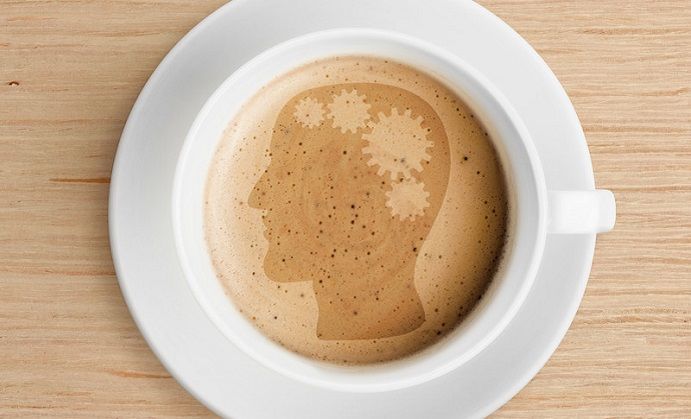Everybody loves coffee. Who doesn’t love starting the day with that smooth aroma and bitter taste that jump starts your body? Truth be told, though, coffee has been given a bad rap throughout the years. However, while some say drinking coffee is unhealthy for the body, the fact is that is far from true. As long as you drink coffee in moderation, you can actually gain some health benefits from drinking coffee. For one, it is a great source of antioxidants. It can also help lower the risk of type 2 diabetes and liver disease.
Coffee’s Active Ingredients
To know how coffee can help the body it is best if we first learn what exactly makes up this favorite morning beverage.
 Caffeine – This is the primary active ingredient in coffee which acts to stimulate the central nervous system.
Caffeine – This is the primary active ingredient in coffee which acts to stimulate the central nervous system.- Cafestol and kahweol – Normally found in unfiltered coffee, these compounds are great for protecting the liver, but exceeding recommended intake might increase LDL cholesterol so moderation is the key.
- Cholorgenic acids (CGA) – These are the antioxidants found in coffee that help reduce the body’s free radicals. It can also help regulate blood sugar levels and blood pressure.
- Trigonelline – This alkaloid compound can help prevent bacterial growth within the teeth.
Benefits to the Brain
The main benefit of coffee for the brain is its ability to keep our central nervous system alert. It does this by stemming the production of adenosine, which is the chemical compound that makes us sleepy. Caffeine effectively helps you be alert and focused by giving your body a swift boost.
Caffeine can effectively enhance your brain temporarily. Think of it as a shot of adrenaline to your brain. Not only does it keep you awake, it can also help improve one’s mood, attention and reaction time. The only downside is that the body can get used to caffeine which means regular intake will reduce the effects overtime. This could lead to coffee addiction so it is best not to depend on caffeine too much.
Coffee as a Memory Booster
 While some studies have shown that coffee does positively affect your ability to recall from memory, other studies resulted in the opposite direction. Basically, in this regard, the jury is still out. Some studies concluded with a positive effect for short-term memory, while other tests ended with no effect, or even a slight impairment, on the person’s performance on memory activities.
While some studies have shown that coffee does positively affect your ability to recall from memory, other studies resulted in the opposite direction. Basically, in this regard, the jury is still out. Some studies concluded with a positive effect for short-term memory, while other tests ended with no effect, or even a slight impairment, on the person’s performance on memory activities.
Removing Fatigue
Coffee can help eliminate fatigue but this is a double-edged sword that can work against you. For example, drinking coffee late in the day can cause sleep difficulties which can turn into a full blown sleep disorder if left unchecked. This will counteract coffee’s basic benefits, as lack of sleep, will leave you even more tired than usual.
Coffee and Alzheimer’s Disease
 Several observational studies conducted show that the regular and moderate intake of coffee can help lower the risk of Alzheimer’s disease.
Several observational studies conducted show that the regular and moderate intake of coffee can help lower the risk of Alzheimer’s disease.
However, it must be pointed out that there is still a long way until this can be proven as this conclusion was only made using a handful of data.
The Bottom Line
Coffee can be good for your brain in moderation. The key word there being “moderation”. It all comes down to the amount of coffee you drink per day. Although some people can drink several cups a day without side effects, this is not accounting for the long-term effects. If you love drinking coffee, then good news as it can help improve your brain’s function and might even prevent disorders in the future. Coffee can be both good and bad for your health, it is all about knowing how much is enough.











